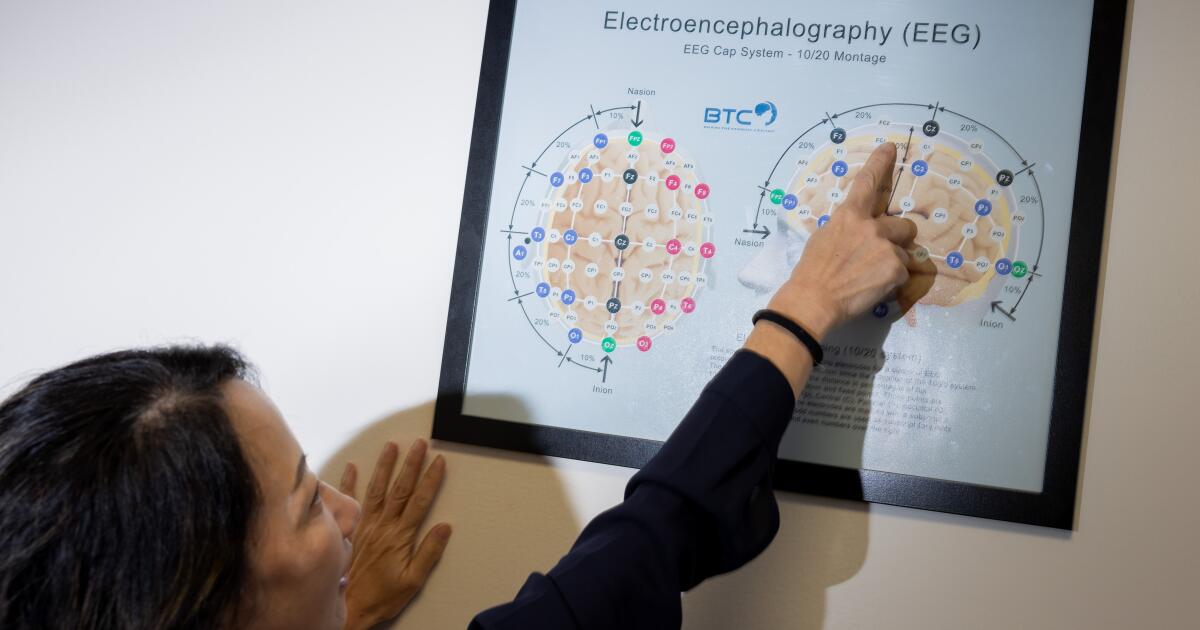Bill Gates regrets his controversial climate memo
Last week, Bill Gates published a 17-page memo on his personal website that critics said pitted climate and public health efforts against each other, when they should instead be working together.
On Monday night, speaking at Caltech in Pasadena, Gates doubled down, dismissing criticism that came from across the ideological spectrum, including from climate scientists and President Trump.
Insisting that philanthropic resources are limited, Gates said he was focusing his efforts to curb climate change on reducing human disease and malnutrition in a world he says will undoubtedly warm.
The UN’s 2025 Emissions Gap Report, released on Tuesday, says global temperatures are likely to have risen by between 2.0 and 2.4 degrees Celsius above pre-industrial levels by 2100. Gates said he believed the number would be closer to three degrees Celsius.
“The real measure is everything we do to help the most vulnerable people on the planet,” he said. He said he wants to focus on scientific innovation that removes the costs associated with climate change — what he calls the “green premium” — from technology to solve hunger and disease in the world’s poorest countries.
Climate scientists raised concerns about the Gates memo last week, arguing that it falsely separates the challenges of disease and hunger from climate change. “These are not separate problems, they are problems compounded by the same issue,” Catherine Hayhoe, a leading climate scientist who studies climate change, said at a forum with other scientists on Tuesday.
At Caltech, in front of more than 1,000 people—mostly students and professors—Gates expressed frustration with climate scientists who criticized his memo as falsely downplaying the potential effects of climate change.
“What world do they live in?” he asked at one point, arguing that his critics don’t consider that you can invest in reducing carbon emissions by spending money to target disease and other issues.
“It’s a numbers game in a world with very limited resources,” Gates said Monday night. “More limited than they are.”
Gates also blasted Trump, who said a “huge misread” of the memo in a True Social post last Wednesday suggested Gates is no longer a believer in climate change.
“I’m a climate activist, but I’m also a child survival activist, and I hope you will be too,” Gates told the crowd at Caltech. “It’s the best way to make sure everyone has the opportunity to live a healthy life, regardless of where they’re born or what climate they’re born in.”
The billionaire said his focus on human health is to support poor countries that typically receive aid from the United States and other rich countries, at a time when the United States has withdrawn from such giants. The Trump administration in July froze most foreign aid payments, which make up about 1% of the national budget, but which researchers at the nonprofit Center for International Development found save 3.3 million lives worldwide.
At Caltech, Gates also spoke about technologies he supports to mitigate climate change, including nuclear fusion reactors and geoengineering.
Gates’ critics in the world of climate science say he is focusing on the wrong things. “He has forever downplayed the importance of transitioning to clean energy with the technology we have in terms of developing future technologies,” said Michael E. Mann, a climate scientist at the University of Pennsylvania. It may take decades for some of these technologies to be implemented at scale, Mann said. “We don’t have decades to solve the climate crisis.”



Post Comment